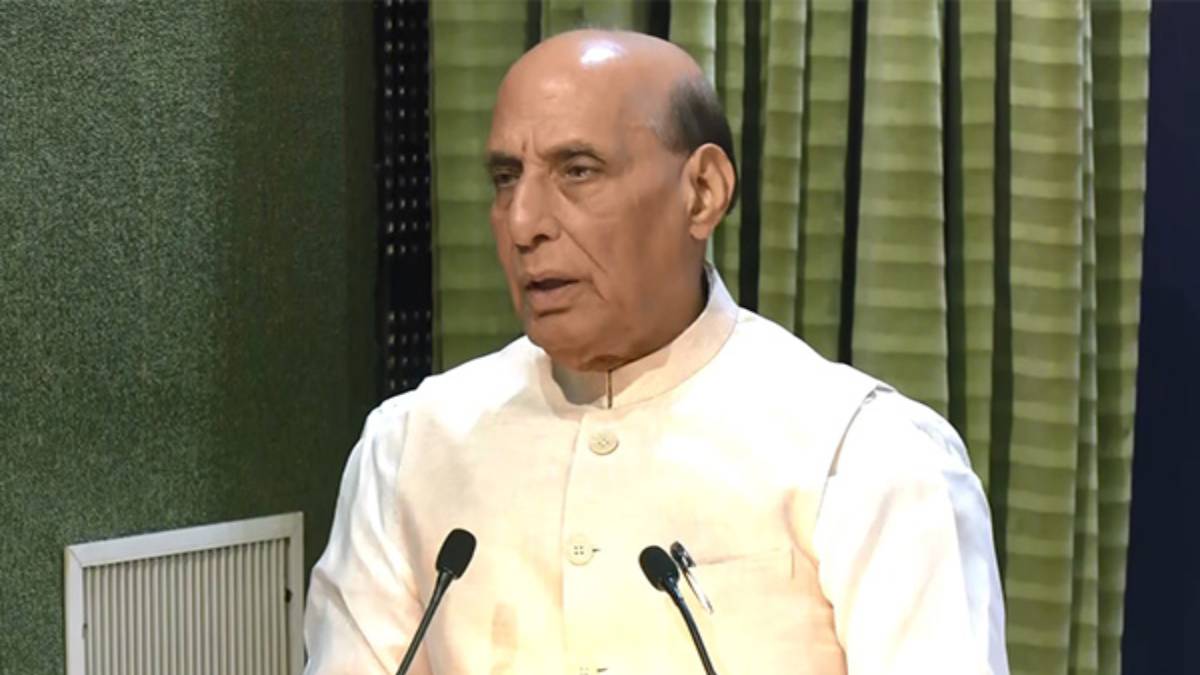On the occasion of National Technology Day, Defence Minister Rajnath Singh lauded the invaluable contributions of Indian scientists, engineers, and technicians, praising their role in propelling the nation’s scientific and technological progress.
In a post on social media platform X, Singh stated, “On National Technology Day, India salutes the scientists, engineers and technicians who contribute by developing new technologies for bringing positive change in our lives.”
The Defence Minister also commemorated the landmark nuclear tests conducted in Pokhran in 1998, calling them a pivotal moment in India’s history. “We proudly recall the exceptional efforts of our scientists that led to the successful Pokhran tests in 1998. It was a defining moment in India’s history,” Singh added.
The Congress party also extended its greetings, recognizing India’s journey through decades of technological innovation. “From breakthroughs in science, space, IT, and healthcare to empowering citizens, technology continues to shape India’s growth and aspirations for a brighter future,” the party said in a statement on X.
National Technology Day was instituted in 1999 by then Prime Minister Atal Bihari Vajpayee to honour the success of Pokhran-II, a series of five nuclear tests carried out in May 1998 at the Indian Army’s test range in Rajasthan. The mission, led by prominent scientists such as Dr. R. Chidambaram and Dr. A.P.J. Abdul Kalam, marked India’s emergence as a nuclear power.
Since then, May 11 has been celebrated annually as a tribute to India’s scientific community and its strides in technological development. The occasion also serves as a reminder of the nation’s commitment to building a self-reliant, innovation-driven future.
India’s technological evolution has continued far beyond its defence capabilities. Over the past decade, the country has made significant strides in building digital public infrastructure. Initiatives such as UPI (Unified Payments Interface), Aadhaar, Jan Dhan, and CoWIN have transformed governance, finance, and public health delivery.
The next major initiative on the horizon is the Open Network for Digital Commerce (ONDC)—an open-source platform intended to democratize e-commerce by allowing seamless digital trade, independent of monopolistic platforms.
UPI, in particular, has revolutionized digital payments in India, enabling round-the-clock, instant money transfers via a user-created Virtual Payment Address (VPA). Its rapid adoption has placed India among global leaders in digital transactions, setting an example for public technology at scale.
National Technology Day thus not only honours India’s past scientific triumphs, such as the Pokhran tests, but also celebrates its ongoing journey towards becoming a global technology powerhouse through inclusive and scalable innovation.





